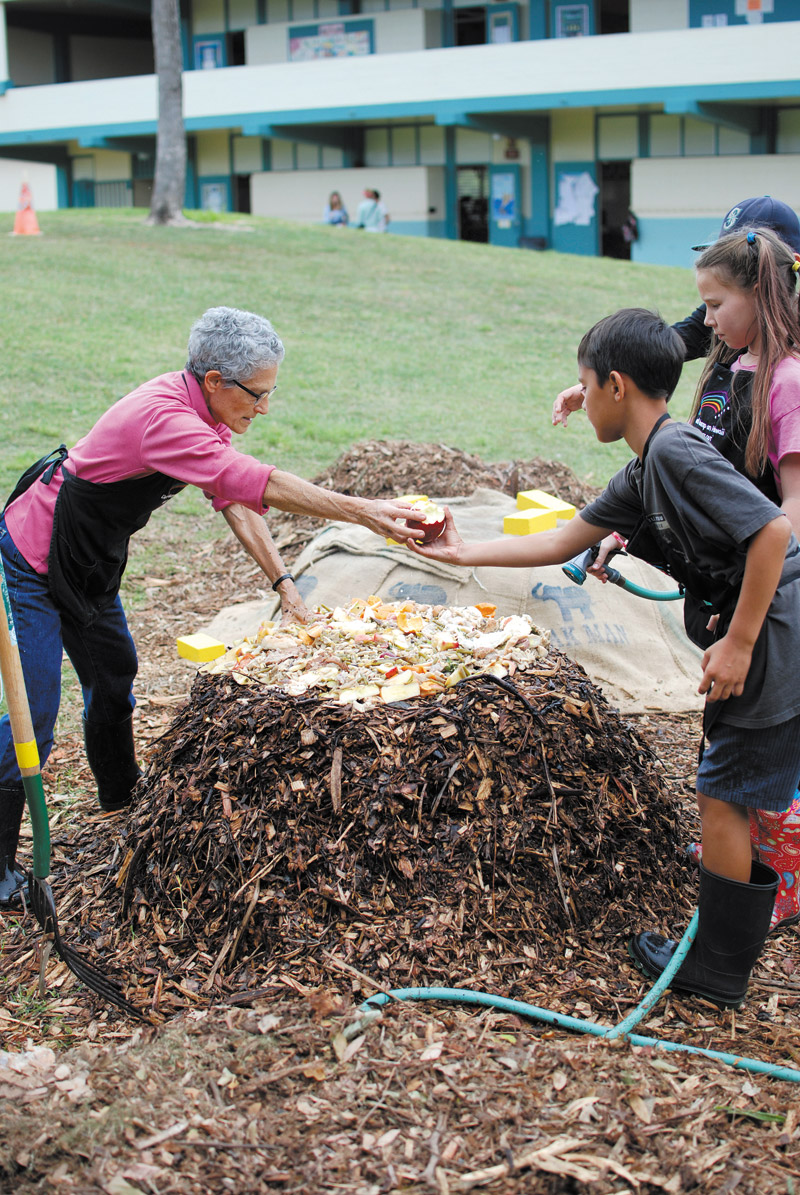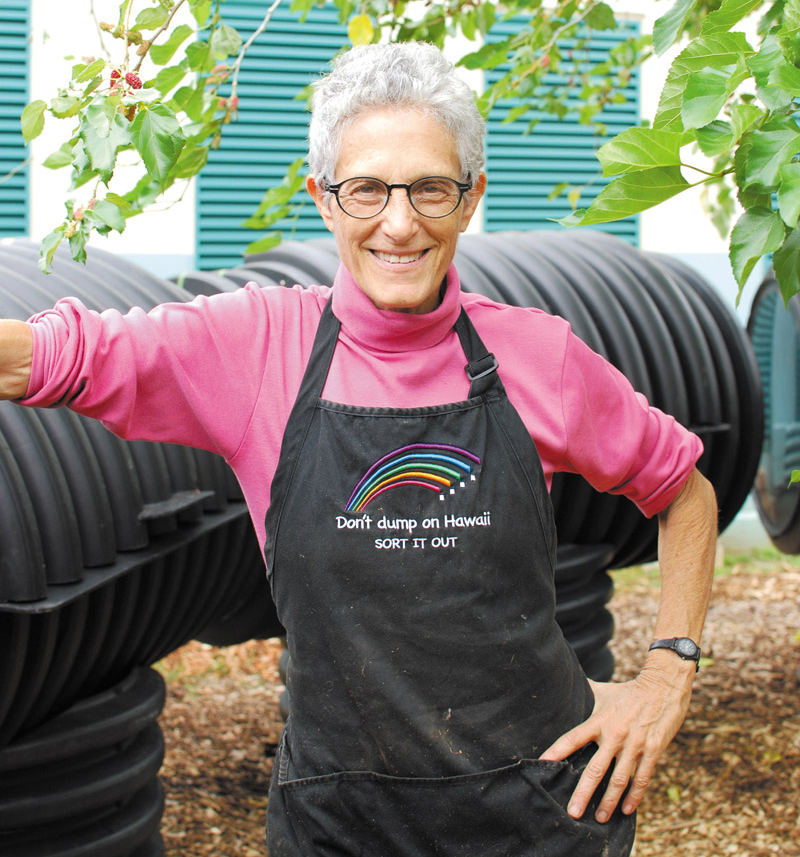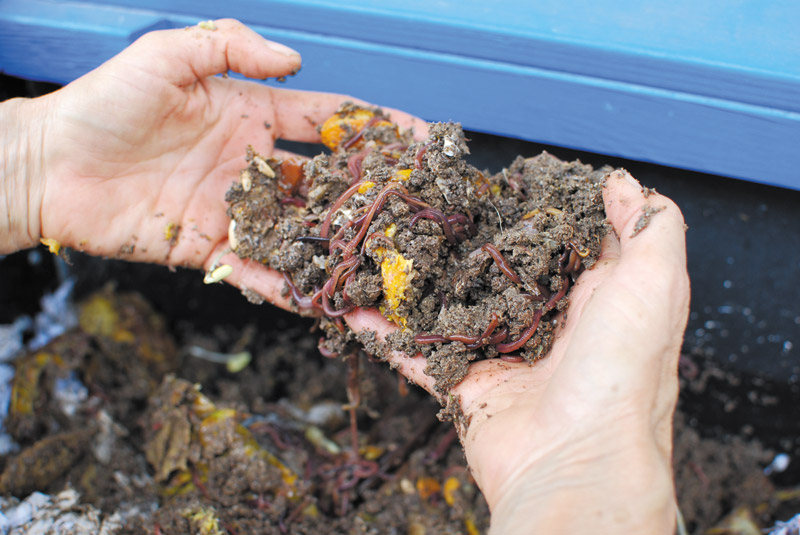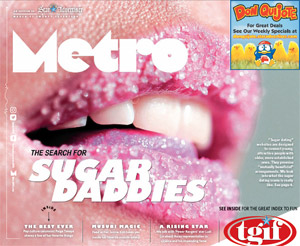Earth/Sky/Mauka/Makai
For 11 years, Mindy Jaffe of Waikiki Worm Company has been educating the community on vermicom-posting, and it all started in her tiny studio apartment in Waikiki.“It wasn’t done here,” she says of vermicomposting. “Somebody had to organize this system and educate people, and that someone turned out to be me.”
When she started, 48 units in her apartment complex “donated” food waste, which was good news for her little tub of worms.
“I couldn’t believe how much they could grind through,” she recalls. “It was amazing.”
Jaffe thought others would want to learn how to vermicompost, as well. Her thought was it would turn into urban composting — a process so simple you can do it in your apartment. She started hosting worm workshops — hundreds in fact — around the island to teach people the process.
“It caught on,” she says. “I think we counted more than 5,000 people who started vermicomposting at home, and I’m sure by now it’s doubled.”
While Jaffe still leads workshops from time to time, she since has shifted her focus to larger-scale projects.
“I got very antsy just doing little residential things,” she explains. “I thought, ‘If I tell one more person how to make a worm bin for their house, I’m going to go crazy.'”
Around that time, the city recycling office put out a grant for recycling education for schools for $500 per year.
“For $500 you could have me come to your classroom and start a little worm bin for your class,” Jaffe says.
Now, Waikiki Worm Company has expanded its work to include service projects while still practicing the three Rs: reduce, reuse, recycle.
“Rather than just give them the equipment and let them go, we rent the equipment and they get me,” she explains. “That’s what I’m really interested in now, is taking the resource recovery idea and incorporating it into the public school system.”

Mindy Jaffe of Waikiki Worm Company teaches Lanikai Elementary students (from left) Kaimi Victor, JoLee Hopkins and Henry Cullison how to use food waste for hot compost. Jaffe’s goal is to incorporate this form of vermicomposting into the public school system.
For examples of what Jaffe’s service contracts can do, visit waikikiworm.com.
It’s difficult to find live, locally produced, fresh compost; normally, it’s old, dry and dead. That’s not the case with what Jaffe produces.
“It’s loaded with all the nutrients from thrown-away food,” she says. “You want that back in the soil. It makes the best soil and the best fertilizer you ever saw.
“The garbage factory of every community is the school,” continues Jaffe.
But all that garbage, she says, can be managed. Aside from creating rich soil, vermicomposting can help schools reduce their excess waste and prevent environmental degradation.
According to Jaffe, we all have a choice: Throw everything in a dumpster or use food waste to create rich soil.
“I keep saying to them, ‘Kiss that rubbish can goodbye,'” she adds. “We don’t want rubbish schools; we want recycling schools.”



